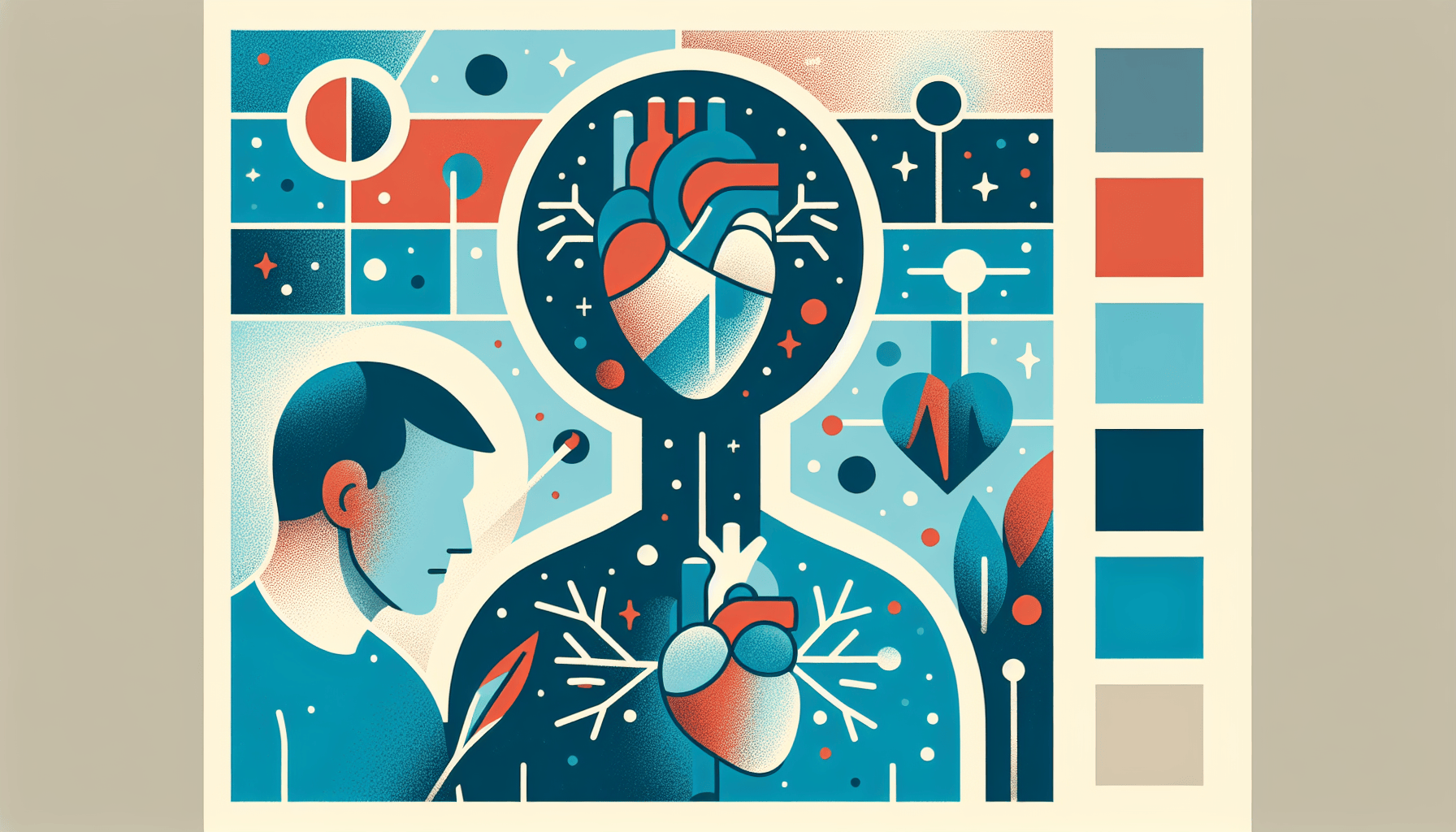Ectopia cordis is an extremely rare congenital heart defect where a baby is born with their heart partially or fully outside their chest. This condition affects only eight out of every one million babies and is often accompanied by other birth defects in the heart or abdominal area. While most babies with ectopia cordis are stillborn or die within three days of birth, there is hope for some affected infants.
What Causes Ectopia Cordis?
The exact cause of ectopia cordis is unknown, but experts have several theories. One theory suggests that physical changes during fetal development, such as fibrous bands restricting the amniotic sac or unusual chest development, may prevent the heart from moving into its normal position. Ectopia cordis is also commonly linked to defects in the:
Additionally, chromosomal conditions like trisomy 18 and Turner syndrome have been associated with ectopia cordis. Recent research suggests that a lack of the BMP2 gene in some embryos may contribute to the development of this condition.
Symptoms and Diagnosis
The primary symptom of ectopia cordis is the heart being located outside the body. Babies with this condition often have other midline defects, such as:
Ectopia cordis can be diagnosed during pregnancy through routine ultrasounds as early as the first or second trimester. If detected, additional imaging tests like MRI and echocardiography may be used to monitor the baby's development and help parents make informed decisions about the pregnancy.
Treatment Options
Treatment for ectopia cordis typically involves a series of surgeries to place the heart inside the chest cavity and repair any associated cardiac defects. The surgical team will also work to close the open chest wall and return any external abdominal organs to their proper position. The success of these surgeries depends on the specific type of ectopia cordis and the presence of other complications.
In some cases, comfort care may be recommended to prevent and relieve suffering while providing a soothing environment for the baby. Families facing this difficult situation can find support through organizations like the March of Dimes Share Your Story website.
While the prognosis for babies with ectopia cordis remains guarded, advancements in medical care have allowed some affected infants to survive for weeks or even years. If you have concerns about this condition, consult with your healthcare provider for personalized guidance and support.
The Bottom Line
This devastating condition requires immediate neonatal intensive care and specialized cardiac surgery, though most cases result in early infant death despite medical intervention. Prenatal ultrasound can detect this defect as early as 18-20 weeks gestation. If abnormal fetal heart positioning appears on prenatal imaging, Doctronic can help you understand next steps and connect with specialists.



